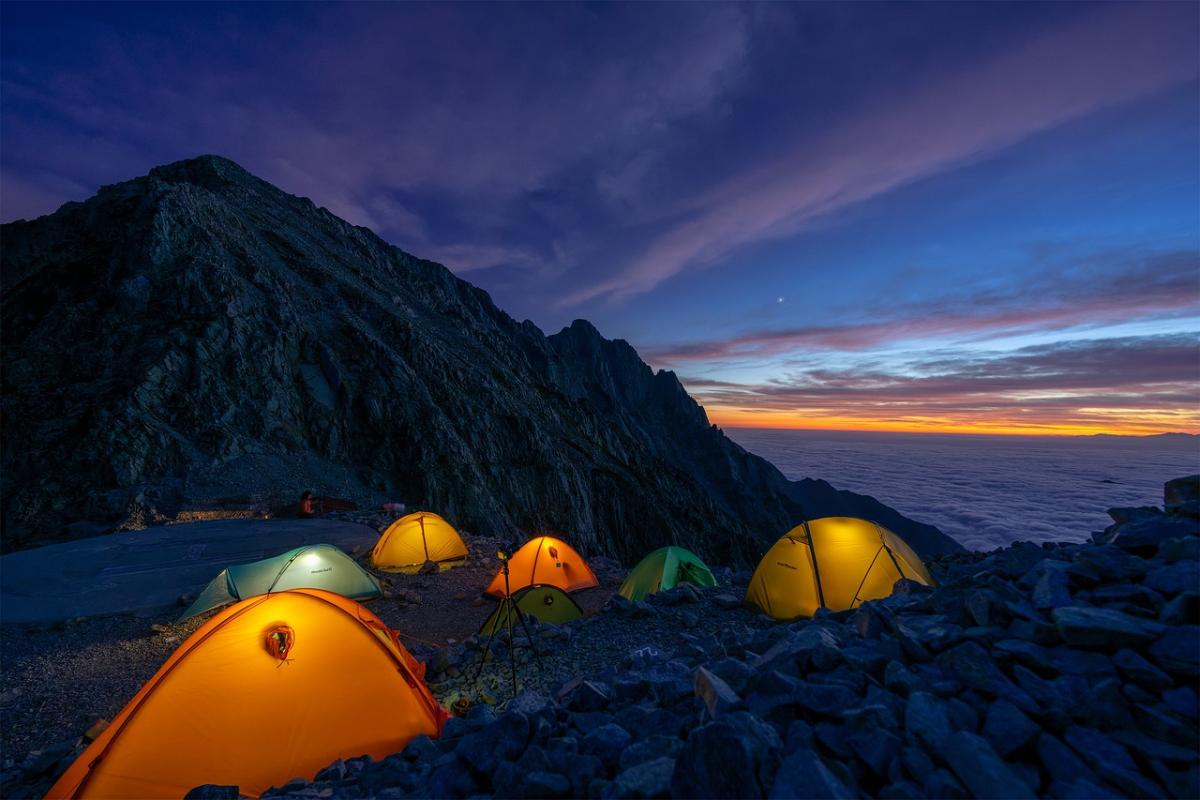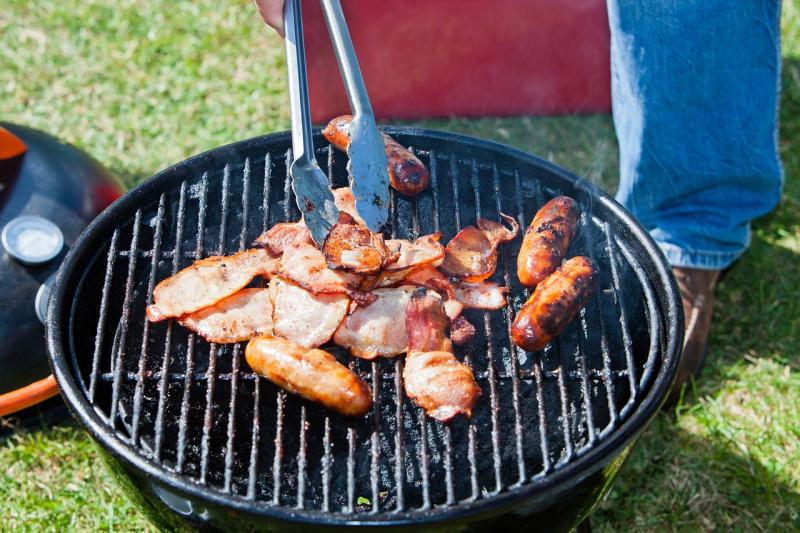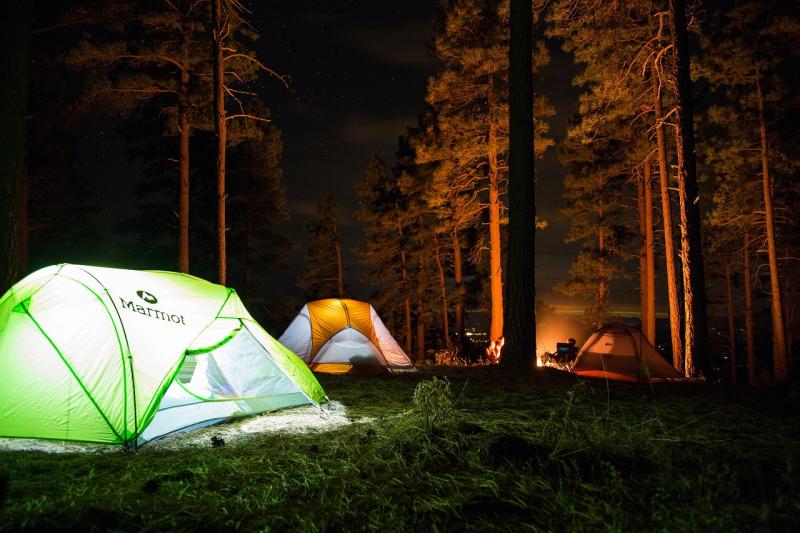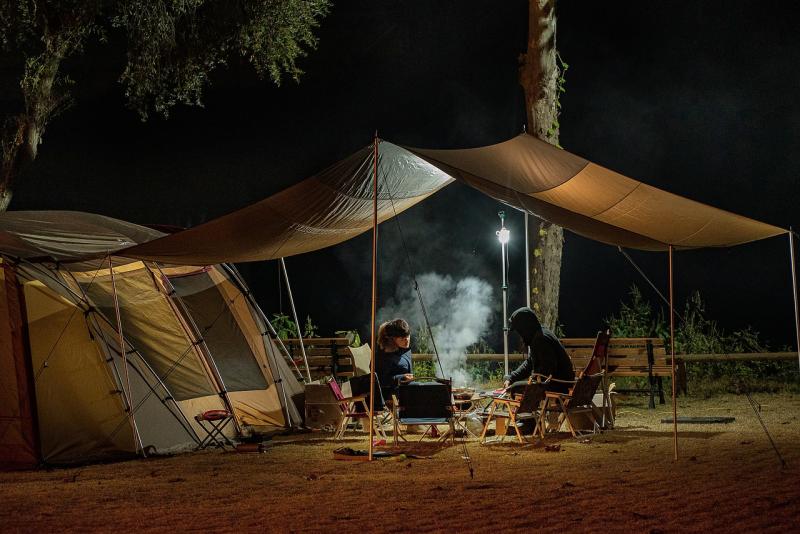When it comes to choosing the perfect camping tent, several essential features can make all the difference in your outdoor experience. First and foremost, consider the tent's size and capacity. Tents are typically rated for how many people they can comfortably accommodate. If you’re camping with family or friends, it's wise to choose a tent that can hold at least one or two more people than your group to ensure everyone has enough space to sleep and store their gear.
Another important feature is the tent's weather resistance. Look for tents that are made from durable, waterproof materials, and check for quality rain flies and sealed seams. A tent with a good rain fly will keep you dry during unexpected downpours, while sturdy materials will stand up against strong winds. If you plan to camp in cooler conditions, consider a tent with good insulation properties as well.
Ventilation is also key for a comfortable camping experience. A well-ventilated tent helps to reduce condensation inside, keeping the air fresh and dry. Look for tents with multiple mesh windows and vents that can be opened or closed easily. This feature is especially important in warmer climates where heat can build up quickly inside the tent.
Lastly, think about the ease of setup and portability. A great tent should be easy to pitch, even for beginners. Look for designs that offer quick setup mechanisms, such as color-coded poles or pop-up features. Additionally, consider the tent's packed size and weight, especially if you plan on hiking to your camping destination. A lightweight, compact tent will make your journey much more enjoyable.
Size Matters for Comfort and Space
When it comes to choosing the perfect camping tent, size truly matters. First, think about how many people will be sleeping in the tent. A two-person tent may feel cozy for a couple, but it can feel cramped if you plan to spread out and store your gear inside. Always consider getting a tent that can accommodate at least one or two extra people than you think you might need. This extra space will provide much-needed comfort, especially on rainy nights when you’re stuck inside.
Another important aspect of size is the tent's height. Many tents have low ceilings that can make changing clothes or sitting up feel like a challenge. Go for a tent with a higher peak height if you value mobility and comfort inside your tent. Being able to stand up while getting dressed can dramatically improve your overall camping experience, allowing you to move around without feeling restricted or cramped.
Don’t forget about your gear! Space for personal belongings is often overlooked. Your sleeping area needs to be separate from your gear. A tent with vestibule space or a larger footprint will give you a designated spot for backpacks, shoes, and other equipment, keeping your sleeping area neat and clutter-free. Having that extra space can turn a tight situation into an organized and comfortable living environment.
Lastly, consider the shape of the tent. Some tents are designed with sloping sides, which can limit usable space. Opt for tents with vertical walls or a dome shape to maximize interior space. This way, you can enjoy the maximum comfort, whether you're lounging, sleeping, or simply taking cover from the elements.
Understanding Tent Styles for Your Needs
When it comes to choosing the perfect camping tent, understanding the various tent styles is essential. Each style serves different purposes and comes with its own set of features. This knowledge will help you make an informed decision based on your camping needs, whether you’re planning a solo hike or a family camping trip.
The first style to consider is the dome tent. These tents have a rounded structure that efficiently sheds wind and rain while providing great headroom. They are typically lightweight and easy to set up, which makes them a popular choice for backpackers and casual campers alike. If you’re looking for a versatile option that performs well in various weather conditions, a dome tent is a solid choice.
Another popular option is the cabin tent. As the name suggests, these tents resemble small cabins and offer ample space with vertical walls. This style is perfect for family camping as it allows for easy movement inside and often comes with multiple rooms. If comfort and space are your priorities, especially for group trips, a cabin tent is likely the best fit.
Finally, if you’re an adventurous soul who loves venturing into the wild, you might want to consider the ultralight tent. These tents are designed for minimalist campers aiming to reduce weight while maximizing portability. Ultralight tents are typically made from advanced materials that are strong yet lightweight, making them ideal for long hikes. However, they may sacrifice some comfort and space compared to their heavier counterparts.
Weather Considerations for Tent Selection
When choosing the right tent for your camping adventure, it's essential to consider the weather conditions you may encounter. Different weather patterns can greatly affect your camping experience, and selecting a tent that suits those conditions will make all the difference. Whether you’re brave enough to camp in the rain or looking forward to a clear starry night, being prepared is key.
For wet and rainy weather, opt for a tent made from waterproof materials and featuring a solid rainfly. Look for a tent with sealed seams to prevent leaks and ensure that the ground is protected by a durable footprint. A tent with good ventilation is also important, as it can help reduce condensation buildup on the inside. Having a vestibule can provide an extra layer of protection for keeping your gear dry while still allowing easy access to your tent.
If you're planning a camping trip in a hot or sunny climate, ventilation becomes even more crucial. Choose a tent that has ample mesh panels to allow for airflow and reduce heat buildup. Some models even come with shade features to help block sunlight during the day. In these circumstances, a tent with a lighter color can reflect heat, making your sleeping space more comfortable. Consider a tent that also has a higher peak height, giving you room to sit up and stay comfortable during warm nights.
For those seeking adventure in cold or windy conditions, look for a tent with a sturdy construction and a low-profile design to withstand strong winds. Four-season tents are ideal here, as they are crafted to handle harsher weather while providing insulation. When camping in colder temperatures, remember to pack a sleeping bag rated for the conditions, as a tent alone won’t keep you warm.
By carefully considering the weather conditions of your camping destination and selecting a tent that addresses those needs, you can ensure a more enjoyable and comfortable outdoor experience. Make a checklist of the features that cater to your specific weather concerns, and you’re well on your way to finding the perfect tent for your adventures.



